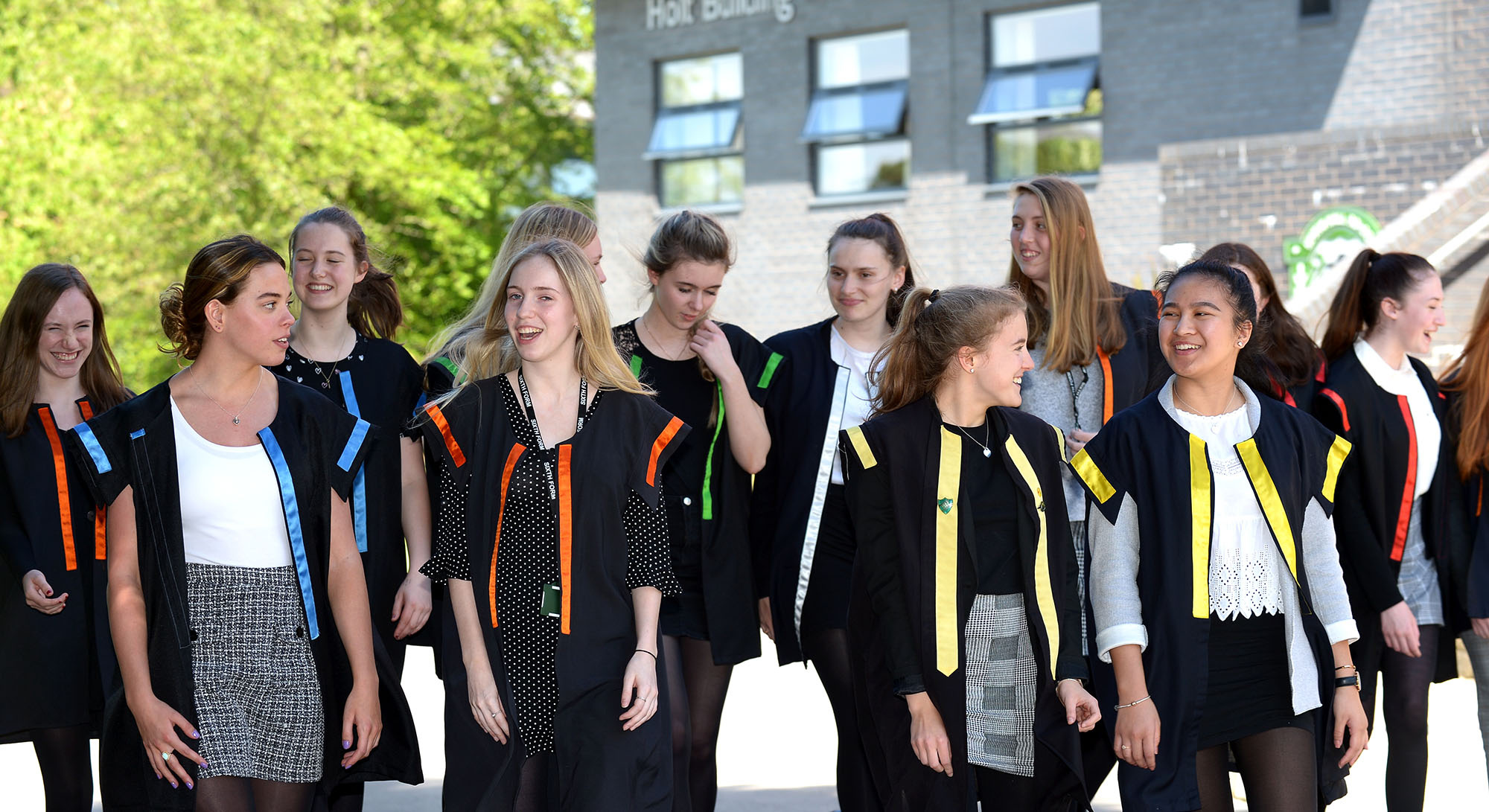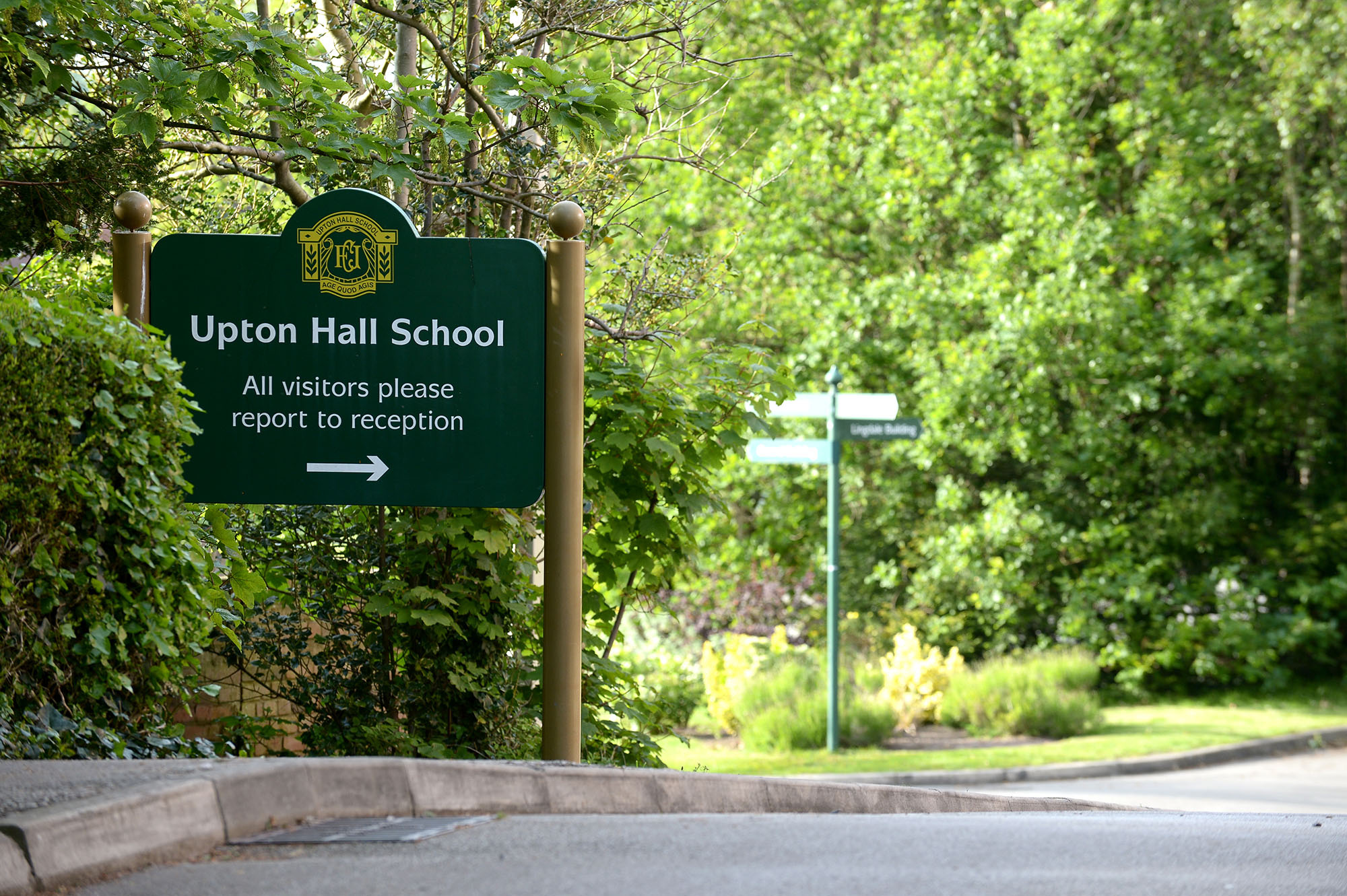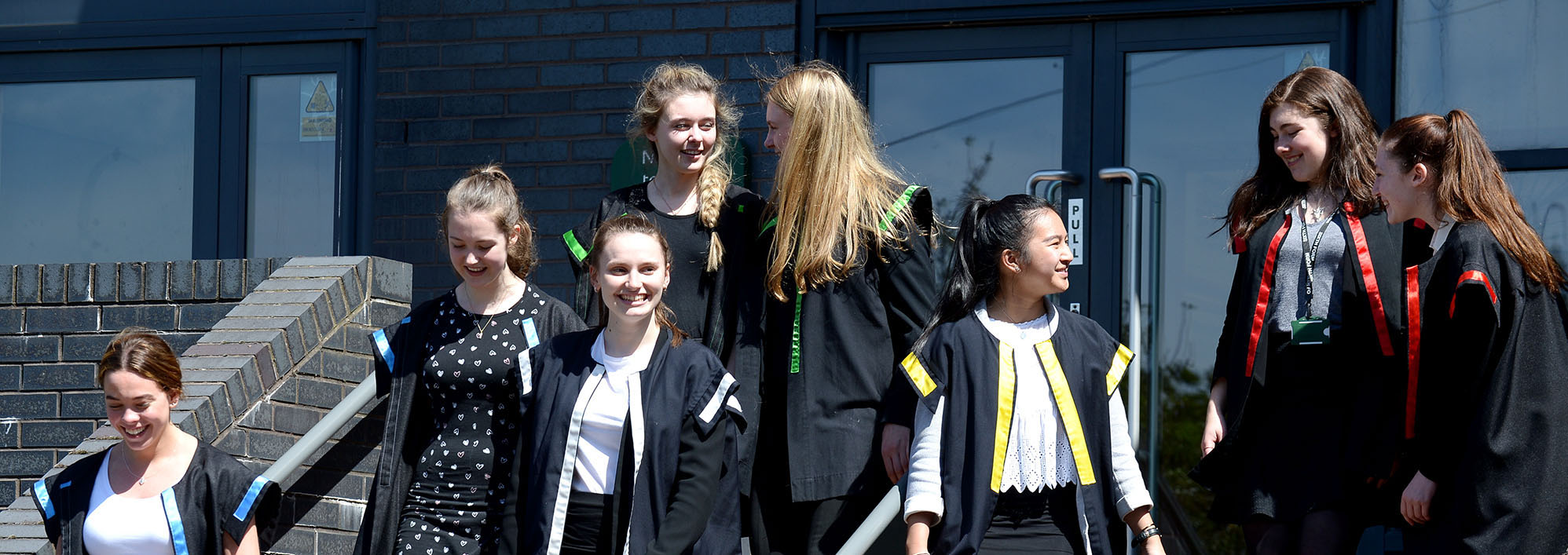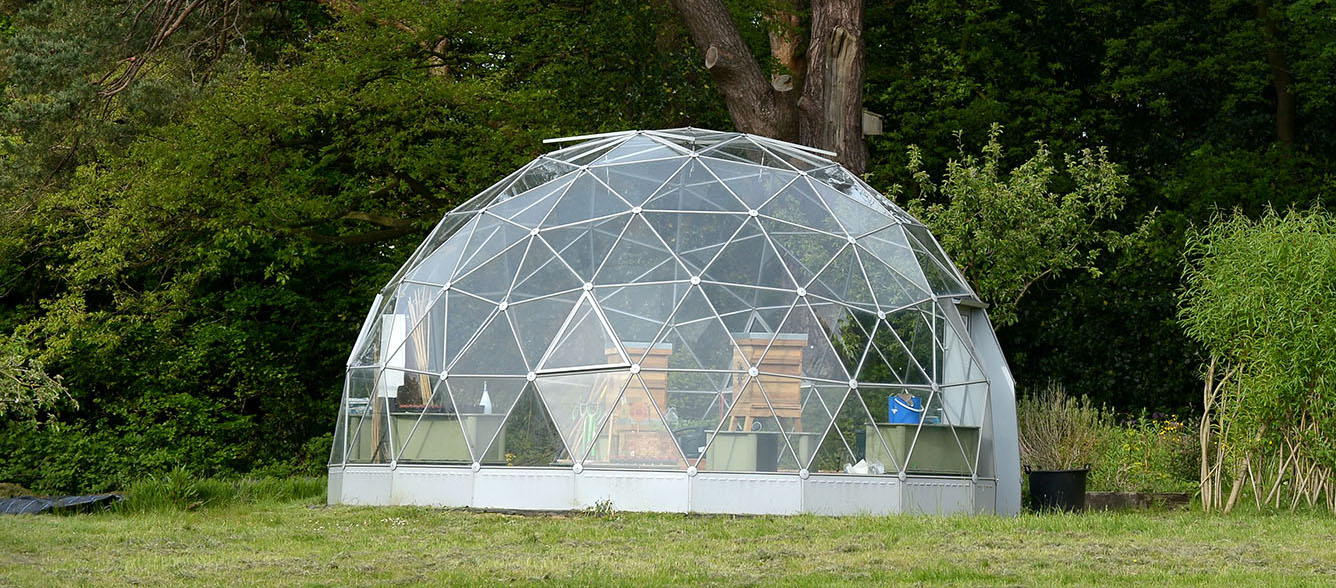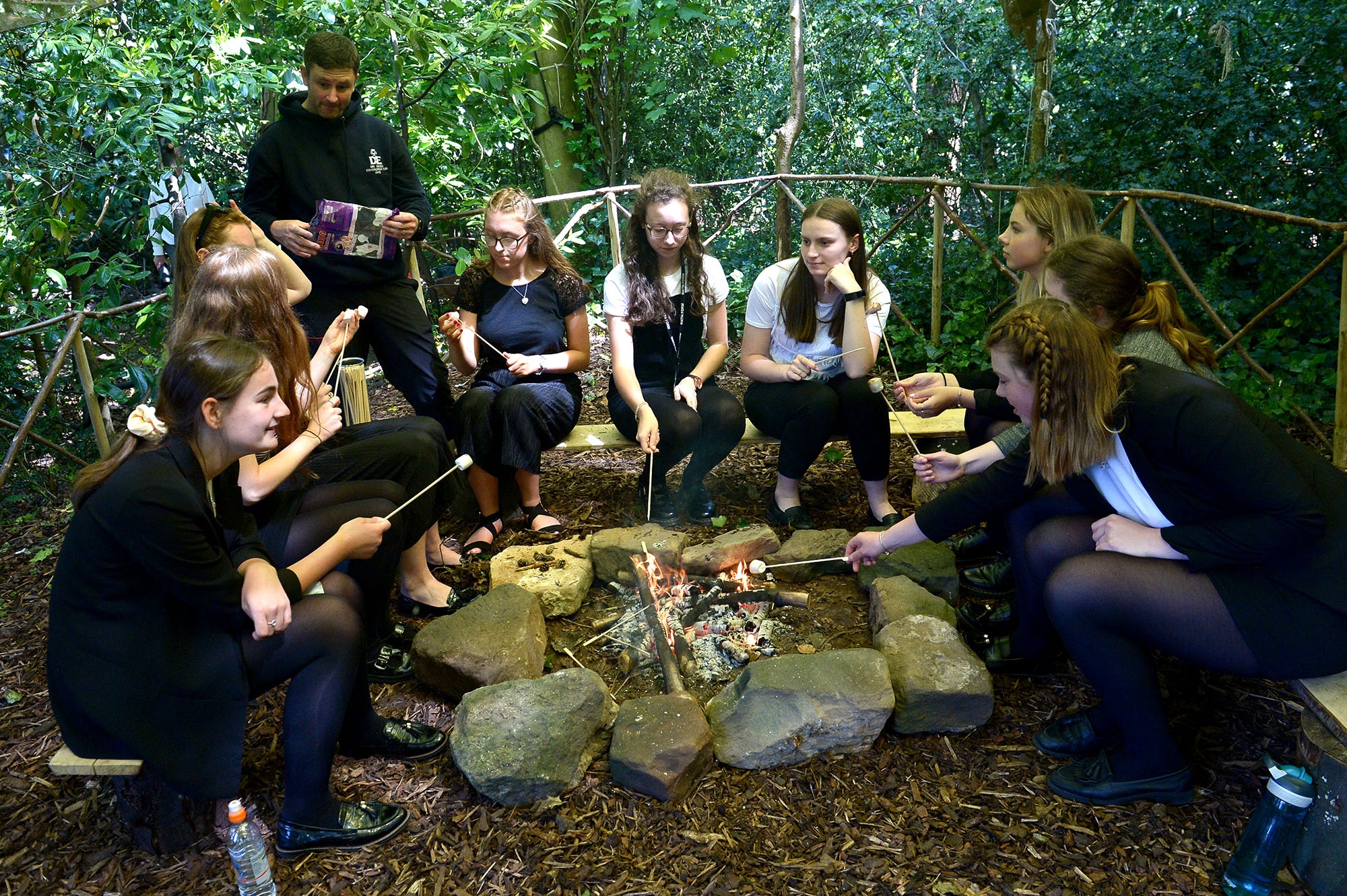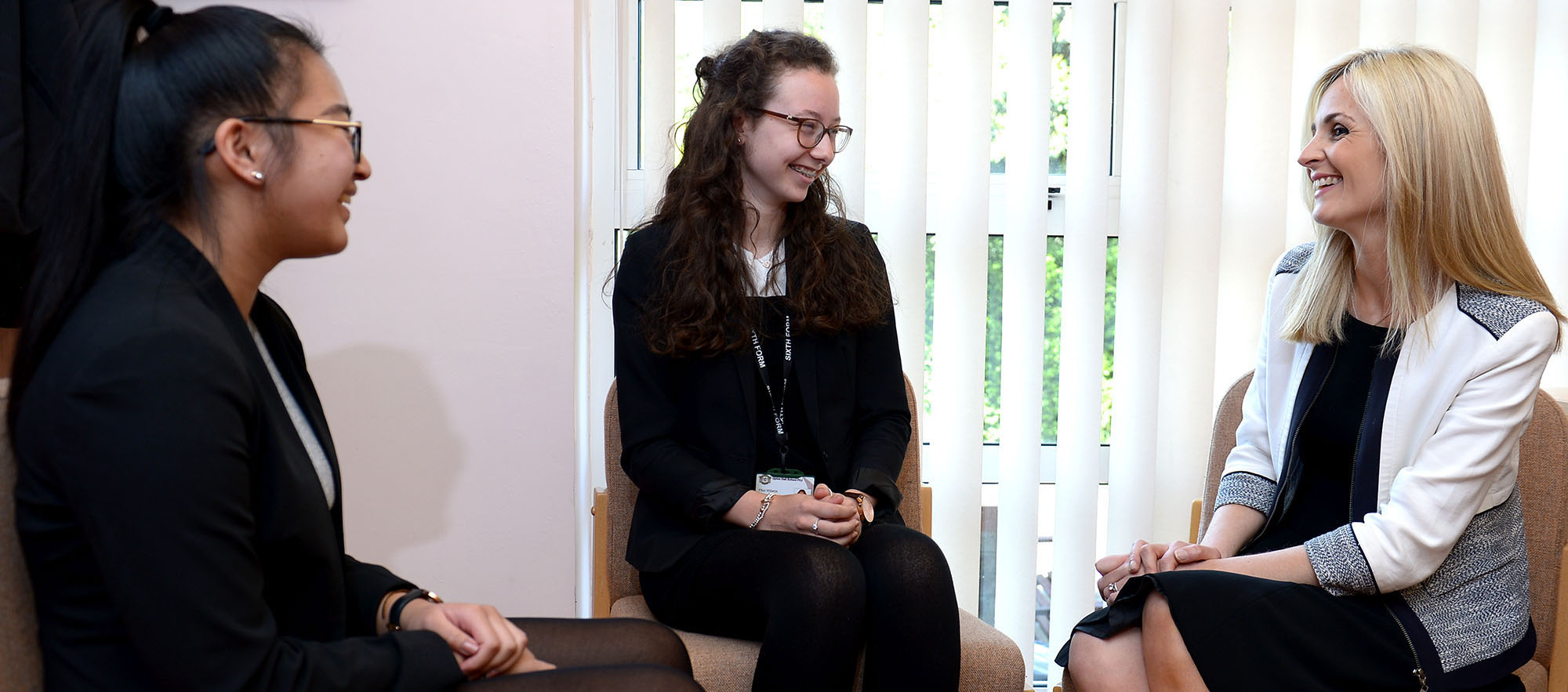Apprenticeship Information for Parents


Apprenticeships offer young people the opportunity to learn, train and earn at the same time. Over the last few years, we have seen an increasing number of apprenticeship and school leaver programmes becoming available for students. This growth has been driven, to a large extent, by the ‘Apprenticeship Levy’ which was introduced in 2017 and requires all employers in the UK with a wage bill of more than £3 million per year to pay an Apprenticeship Levy, with the aim of raising £3 billion a year and fund three million Apprenticeships by 2020.
We have a new, dedicated ‘Aspire Apprenticeships’ programme for students who would like to apply for apprenticeships. The programme includes comprehensive guidance about the searching for apprenticeships and applying for apprenticeships.
Apprenticeship Levels

There are different apprenticeship programmes for students and the following are most applicable to students after they finish Sixth Form.
¨ Higher apprenticeships lead to qualifications at level 4 and above.
¨ A degree apprenticeship involves gaining a university degree while you work (level 6 or above).
(If your daughter is applying for a Law Apprenticeship, then these are usually advertised as Advanced Apprenticeships, which are level 3 qualifications and are equivalent to A level passes.)
Apprenticeships are available in many different sectors, such as:
- Accountancy
- Construction
- Healthcare
- Engineering
- Software development
- Digital marketing
- Public relations
- IT
- Law
- Management
- Manufacturing
- Childcare
- Marketing and communications
- Cyber security
FAQs: Frequently asked questions about apprenticeships
1. What is an apprenticeship and what are the different levels of apprenticeships?
An apprenticeship is a real job with a training component. It allows a young person to earn while they learn, as well as gaining a nationally recognised qualification.Apprenticeships take between one and five years to completed and cover a wide range of industries.
Apprenticeship Levels
There are different apprenticeship programmes for students and the following are most applicable to students after they finish Sixth Form.
¨ Higher apprenticeships lead to qualifications at level 4 and above.
¨ A degree apprenticeship involves gaining a university degree while you work (level 6 or above).
(If your son/daughter is applying for a Law Apprenticeship, then these are usually advertised as Advanced Apprenticeships, which are level 3 qualifications and are equivalent to A level passes.)
2. How and when can my daughter find apprenticeship opportunities?

Different apprenticeships have different opening and closing dates for applications, and students need to apply individually for each opportunity that interest them – there’s no equivalent of UCAS - although UCAS has an apprenticeship search tool. While employers choose the timings that suit them best, they tend to fall into one of three broad categories:
Having an annual recruitment cycle. This involves having an annual start date for new apprentices to begin work and recruiting well in advance. This approach is most common at large employers offering higher apprenticeships, degree apprenticeships and accountancy-related school leaver programmes. Often the start date is in early autumn, around the time that friends will be heading off to university. Applications tend to open between September (in the previous calendar year) and March. Closing dates typically fall between late October and early May, so students should be on the lookout from the start of Year 13.
Recruiting apprentices for immediate start. Some employers advertise for apprentices as and when they need them, and want them start work straight away. This is quite common for opportunities that don’t require A levels (such as intermediate apprenticeships and advanced apprenticeships) and that are with smaller employers, or local branches of national chains.
Ongoing recruitment. A few recruiters describe their apprenticeship recruitment as ‘ongoing’. This means that they are happy to receive applications at any time of year – however, there may not be a position available to start immediately, so be prepared to wait. Students are more likely to find this approach with larger employers.
Where to find vacancies:
University applicants who will find all UK university courses listed in one place (UCAS), students seeking apprenticeships will have to work a little harder to find their perfect apprenticeship as they are not all listed in one place. These websites may be useful:
Government apprenticeship list at: https://www.gov.uk/apply-apprenticeship
Be More (local apprenticeship vacancies) at: https://be-more.info/
Unifrog* (national destinations platform for students) at: www.unifrog.org
(*Upton Hall students have an individual Unifrog account)
UCAS (Universities and Colleges Admissions Service, but also has apprenticeship information) at: www.ucas.com
Milkround (originally a graduate job search tool but now has a section for school leavers) at: https://www.milkround.cschool-leavers
Not Going to Uni (alternative options for students not going to university) at: https://www.notgoingtouni.co.uk/
Cogent skills (for science-based apprenticeships and graduate jobs) at: https://www.apprenticesandgraduates.co.uk/vacancies/
Rate my Apprenticeship at: https://www.ratemyapprenticeship.co.uk/
3. How can my son/daughter apply for an apprenticeship?
Each employer will use their own recruitment and selection process but typically students should expect a combination/all of the following:
- An application form specific to the organisation
- A covering letter
- A CV (curriculum vitae)
- An interview (face-to-face, online, telephone, group interview)
- An assessment centre
- Psychometric tests
More details about these recruitment and selection techniques can be found in the ‘Aspire Apprenticeship’ booklet.
4. What sort of guidance will my son/daughter get from school?
We have created a bespoke programme for students in Years 12 and 13 who would like to pursue an apprenticeship.Details of the programme can be found in the ‘Aspire Apprenticeships’ booklet at the end of this page.
5. Can my son/daughter apply for an apprenticeship and a university place at the same time?
Yes, many students do this to keep their options open. Applications for UK university places usually close before applications for apprenticeships so students should be aware of this and make a university application by the deadlines advertised.
However, it is worth noting that if students accept a university place (they usually need to do this in May of Year 13), they have entered a contract with that university - the university agrees to accept the student if they meet their conditions (if there are any) and the student agrees to attend the course.
Useful Apprenticeship Parent Guide




